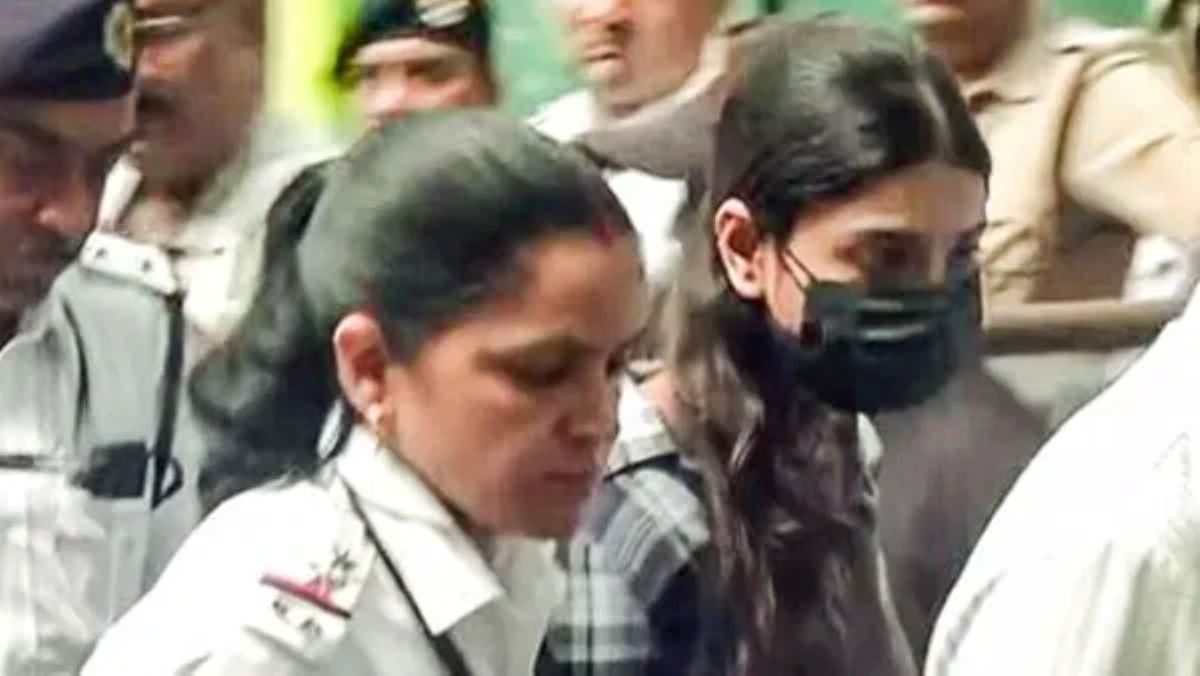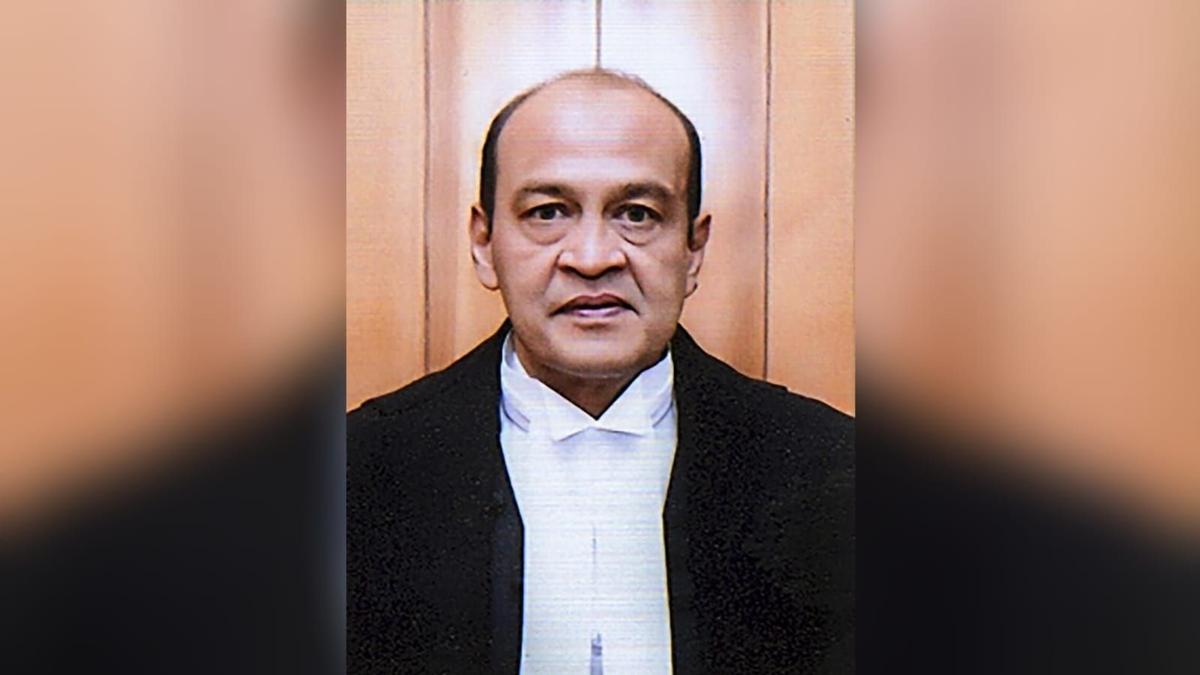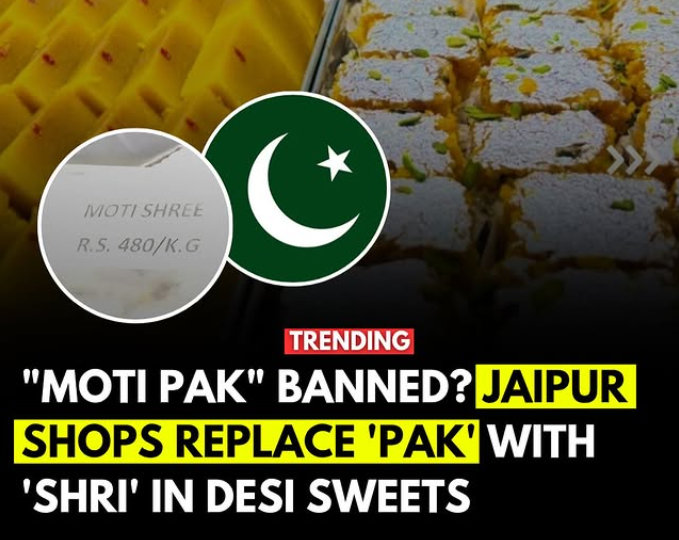
Kolkata, India — The Calcutta High Court has made headlines by refusing interim bail to law student and Instagram influencer Sharmistha Panoli, asserting a powerful message: “Freedom of speech does not mean you will hurt people.” The decision marks a pivotal moment in the country’s ongoing debate over the limits of expression in the digital era.
As public discourse increasingly migrates to social media platforms, this ruling adds legal weight to what many see as the growing need to curb hate speech while still protecting democratic freedoms.
Background: Who Is Sharmistha Panoli?
Sharmistha Panoli is a 24-year-old law student who gained popularity on Instagram for her content that mixes law, lifestyle, and social commentary. However, in May 2025, a video posted by Panoli triggered public outrage. The video was widely criticized for allegedly making derogatory remarks about religious communities, sparking protests and drawing the attention of Kolkata Police.
An FIR (First Information Report) was promptly registered against her under sections of the Indian Penal Code (IPC) and the Information Technology Act, citing charges of promoting enmity between groups and hurting religious sentiments.
Read Also: BJP Slams Mamata Banerjee as “Ruthless” Over Arrest of Influencer Sharmishtha Panoli
What the Court Said
In denying her interim bail plea, Justice Amrita Sinha of the Calcutta High Court said:
“Freedom of speech is not absolute. It does not include the right to incite violence or hurt religious sentiments.”
The court added that Panoli’s content was not only provocative but could also disrupt public order. It further observed that she had been uncooperative with the investigation and had been absconding, prompting law enforcement to issue an arrest warrant.
The Video and Its Fallout
The controversial video, which Panoli later deleted, allegedly mocked ritualistic practices of a particular religious group. Activists, religious leaders, and politicians from across the spectrum condemned the act, calling it an example of “misusing free speech for attention and engagement.”
Following her arrest, several protests both in support and against her erupted in various parts of Kolkata and other cities. Hashtags like #JusticeForSharmistha and #BanHateSpeech trended simultaneously, showcasing the polarized nature of public opinion.
Legal Provisions Cited
The FIR against Panoli includes serious charges:
- Section 153A IPC – Promoting enmity between different groups on grounds of religion, race, etc.
- Section 295A IPC – Deliberate and malicious acts intended to outrage religious feelings.
- Section 66A IT Act – Although repealed, similar digital behavior is now tracked under newer cybercrime provisions.
The court’s ruling emphasized the principle of reasonable restrictions on free speech under Article 19(2) of the Indian Constitution.
Digital Expression and Legal Boundaries
Panoli’s case isn’t isolated. With the rise of digital influencers and content creators, many legal experts argue that a framework for ethical digital communication is long overdue.
Speaking to reporters, senior advocate Prabir Majumdar said:
“Freedom of speech is a cherished right, but when content becomes an instrument of hate or division, the law has to step in. This ruling may serve as a precedent.”
Social media, while a powerful platform for marginalized voices and democratic engagement, has also become a breeding ground for misinformation and communal provocation. Courts in India are increasingly being asked to decide where the line between opinion and incitement lies.
Public Response: A Divided Landscape
Supporters of the Verdict
Many have praised the court’s decision as a defense of secular values and social harmony. Prominent civil society voices argue that unchecked speech — especially when viral — can do irreparable damage in a country as diverse as India.
“You cannot hide behind free speech when your content stokes real-world tension,” said a spokesperson for the All India Peace Forum.
Critics Raise Concerns
However, free speech advocates and some legal scholars warn that such decisions may have a chilling effect on dissent and creativity. They point out that terms like “hurting sentiments” can be subjectively applied and used to silence unpopular opinions.
Panoli’s lawyer, who plans to appeal the ruling, emphasized her constitutional right to express views, even if controversial, and argued that her content was taken out of context.
Political Reactions
Politicians across party lines have commented on the issue, further politicizing the debate. Some right-wing figures demanded stricter enforcement against “anti-national content,” while opposition leaders called for due process and proportionality in enforcement.
This split highlights the fragile balance that India continues to maintain between national security, social stability, and civil liberties.
The Social Media Dilemma
The incident again shines a light on how digital influencers can wield enormous power and influence public opinion—often without accountability. Platforms like Instagram and YouTube are yet to enforce stricter content moderation, especially in sensitive categories like religion and politics.
Experts are calling for collaborative efforts between tech companies, governments, and civil society to develop a code of digital ethics for content creators.
What’s Next for Panoli?
As of now, Sharmistha Panoli remains in custody. Her legal team is expected to file a fresh bail petition and may escalate the matter to the Supreme Court. Meanwhile, law enforcement continues to investigate the case and is reportedly analyzing other content she posted.
A trial date is yet to be announced, but the case is certain to become a landmark in discussions around digital speech and civil liberties.
Final Thoughts
The Calcutta High Court’s denial of bail to Sharmistha Panoli is more than just a legal decision — it is a wake-up call. It urges influencers, content creators, and ordinary citizens to recognize the responsibilities that come with digital freedom.
As India continues to navigate the complexities of free speech in the 21st century, this case will likely remain a touchstone for future judicial interpretation and public debate.
Learn more about Sharmistha Panoli and follow us on Prime Feeds for the most recent updates.







